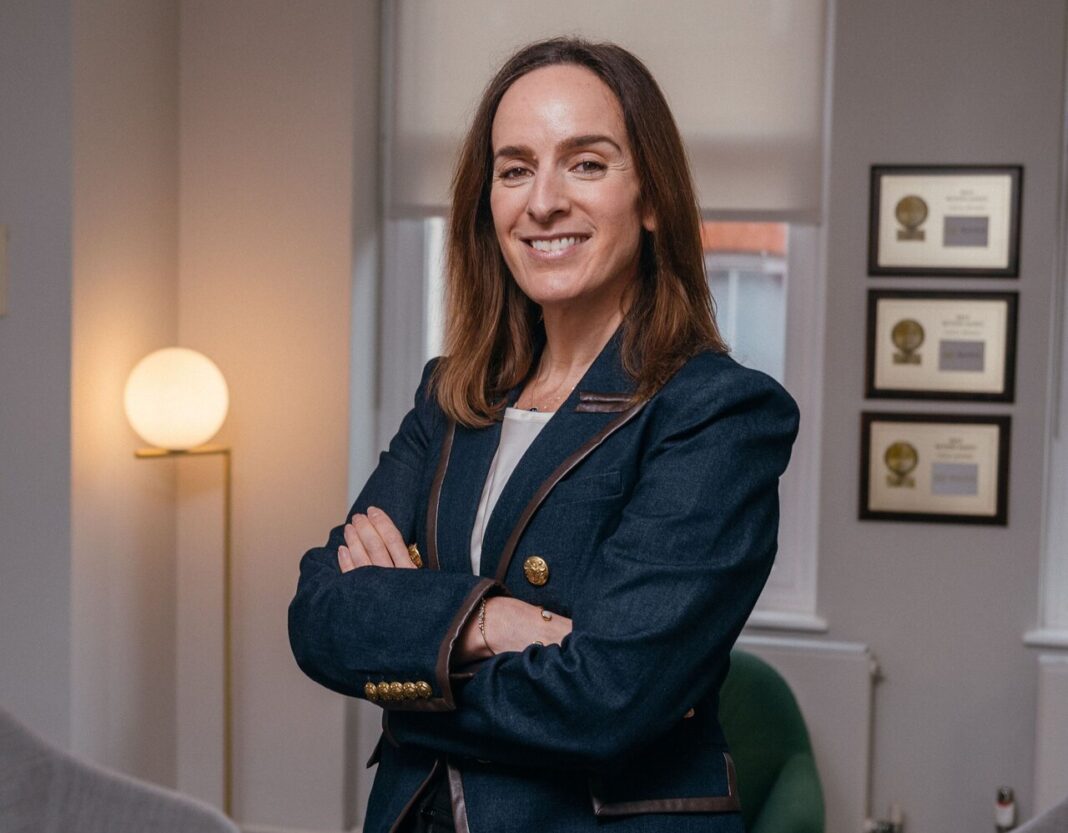As global financial markets reel from rising volatility and the imposition of new US tariffs, attention is turning to the ripple effects on real estate – particularly in London’s prime property market.
Camilla Dell (main picture), Founder and Managing Partner of Black Brick Property Solutions, is well-versed in navigating uncertain times.
She launched her firm on the eve of the 2008 financial crisis and has since guided international and domestic clients through a range of economic storms.
“In 2008–2009, we saw a distinct flight to safety,” Dell recalls. “At the height of the banking crisis – with Lehman Brothers, Bear Stearns and AIG making daily headlines – our clients sought refuge in London property. It was tangible, stable, and far removed from the volatility of stocks and bonds. Activity surged, not just from opportunists, but from those craving a secure haven.”
CHANGED ENVIRONMENT
But this time, Dell argues, the landscape looks very different.
Back in 2008, the top rate of stamp duty was just 4%, and the government actively reduced the burden on buyers to stimulate the market. Fast forward to today, and overseas buyers of additional properties can face a stamp duty bill of up to 19%.
Similarly, the interest rate environment has shifted.
“Following Lehman’s collapse, the Bank of England swiftly cut the base rate from 4.5% to 2%,” Dell explains.
“Today, the base rate remains at 4.5%, and while some expect cuts, a return to near-zero rates seems improbable.”
Compounding the differences is the removal of favourable tax treatments for buy-to-let investors, which has significantly diminished the appeal of property as a high-yield investment.
BUYER OPPORTUNITIES
Given these headwinds, Dell does not anticipate a sudden influx of overseas buyers this time around. Yet, there are signs of life in the domestic market.
“We’re seeing strong momentum among UK buyers – those upsizing, downsizing, or purchasing second homes,” she says. “There’s a renewed sense of realism in the market, and that’s creating space for deals to be done.”
Indeed, prices in London’s prime postcodes have softened to levels last seen in the aftermath of the 2008 crisis. Changes to non-dom tax status and higher transaction costs have helped to reset the market, providing opportunities for those who have been waiting on the sidelines.
THE END OF OFFSHORE ADVANTAGE
The use of offshore corporate structures by foreign buyers has largely been curtailed and represents a key shift.
New rules on inheritance and capital gains tax have eroded many of the fiscal incentives that once drew international wealth to London’s high-end homes.
“People are understandably cautious,” says Dell. “Periods of financial uncertainty cause many to pause – particularly those nursing recent market losses. But for buyers willing to act, there are opportunities.”
One of Dell’s current international clients recently summed it up: “Buying a place in this turmoil seems crazy, but that’s exactly why it makes sense. No one else is transacting.”
As markets continue to adjust, Dell believes London’s prime property market remains a compelling prospect for the well-informed and the bold.
“London may be quieter than it once was,” she says, “but for the right buyer, it’s far from over.”









